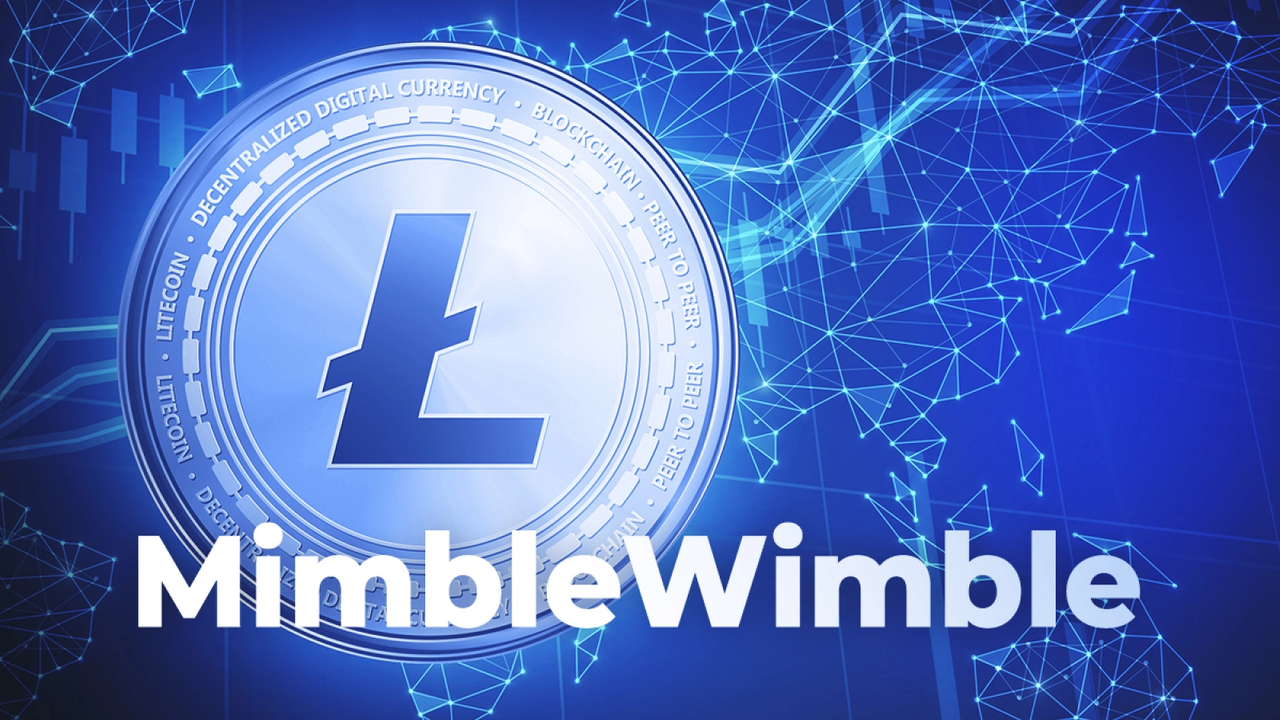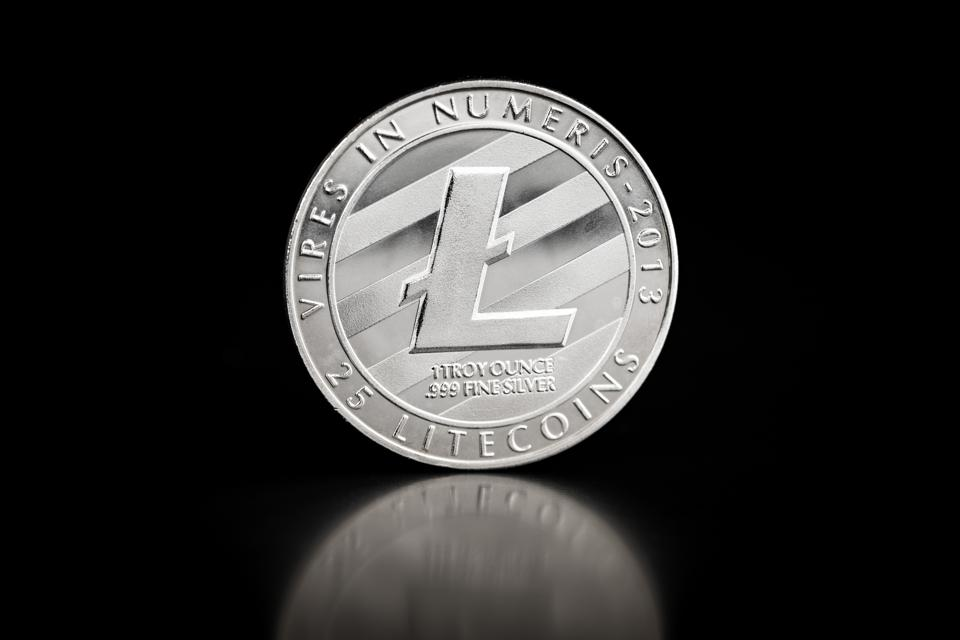For years we had some privacy coins. Monero and ZCash were two projects that were suppose to provide privacy to users. With all the attention that cryptocurrency is getting from regulators, this is something that will take the battle to the next level.
Even though these currencies existed, many exchanges were pushed to drop them. This, naturally, put a damper on their usage.
Now we have a bigger player moving into this realm.

Source
MimbleWimble Goes Live
Litecoin started working on a privacy option years ago. This is something that was announced and faded into the background. After a period of time, the industry lost interest since it was presumed to be a dead experiment.
Occasionally we would see articles appearing about it but much was still speculation. Even Charlie Lee wasn't showing up on every 3rd YouTube crypto channel anymore.
In spite of the silence, the project was proceeding along. Today, it was announced that it is being released.
Litecoin Foundation says that the Mimblewimble Extension Block (MWEB) upgrade is now a Release Candidate after undergoing development, testing, reviewing and auditing for years.
The MWEB upgrade will be bundled with the Taproot upgrade and released as part of Litecoin Core 0.21.2. Taproot is an update to enhance the privacy and efficiency of the network.
Here we have an interesting turn of events. Before getting into that, it is vital to mention that this is open to use.
“Note that although MWEB is released, it won’t be ready to use immediately. We are using Bitcoin Improvement Proposal 8 with 75% activation threshold and one year time limit. So miners need to update to the new release and signal for activation.”
Alas, there are still some governance issues left to take care of. The miners have to approve the upgrade and implement it. Nevertheless, we are one major step closer to seeing a privacy layer added to Litecoin.

Source
Litecoin
The advantage Litecoin has over either Monero or ZCash is the size. Basically it is a much bigger network. Being one of the original forks off Bitcoin, Litecoin is in operation near 10 years. Also, many people still use it as an alternative to Bitcoin since the transactions are less expensive and much faster.
We also see most exchanges carry Litecoin. This is one of the mainstays of the industry. While the market cap has fallen off a bit, it is still a very formidable network.
How will this alter the landscape? Certainly this is going to get on the radar of many of the authorities. In short, they are not going to like this.
Of course, once the code is out there, nothing can be done to stop it. It is now up to the miners whether to accept or reject it. Since it is something that is likely to be incorporated, it is safe to say that we will see the feature on the network.
What will be the blowback from this? How will they react?
Actually, the most important question of all is whether others will follow Litecoin by adding this privacy feature to the transactions? In other words, will privacy start to become a major focus for the industry?
All of this brings up another level of discussion that governments do not want to see take place. If developers start providing privacy layers over the top of portions of their networks, this could be a major nightmare for surveillance.

Source
Developing Around The Governments
Here is where governments might find themselves at a major disadvantage. While they can pass their regulations and laws, developers can simply code around them. The expected implementation of MimbleWimble is one example.
Since this is open source, it now can be copied. Perhaps, since Litecoin was a fork of Bitcoin, the code could be used for that network also. Of course, there are all those forks of Bitcoin that, while not having the publicity, might work on implementing it. This could really bring a network back to life if it is struggling.
Where does all this stop? Who is to say that other networks do not start to ponder similar features? What would stop something that is flying under the radar from being added by the development team when nobody of importance is watching?
We already know that part of the path forward with data is going to require some type of privacy feature. After all, we cannot have health data on a blockchain which has private information within it. There has to be a layer that protects the individual and provides anonymity from the data.
Unfortunately for governments, cryptocurrency and health data are the same. They are still data. Hence what works for one can work for another.
Will we get to the point? That is something we will only learn as time passes. However, if blockchain is going to be in the middle of a lot of what is taking place in the future, it is likely parts of this will come to fruition.
Could this be the start of the decline in government? In my view, they are undertaking a battle they are ill-suited to win. Our present form of government was created in the physical world. For this reason, they appear unable to truly navigate the digital realm.
It is going to be interesting what feathers this latest development ruffles.
Article by Taskmaster4450le.